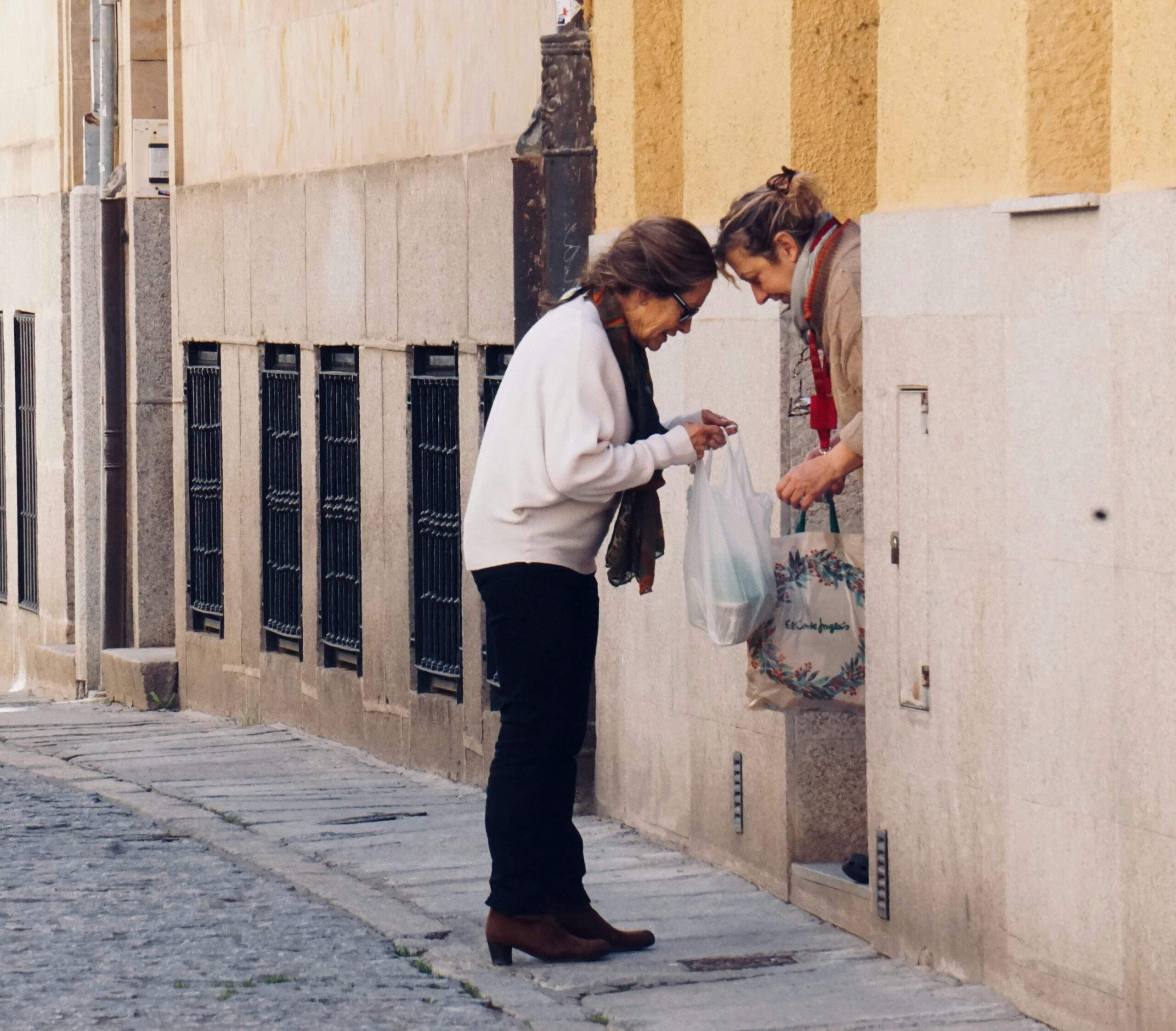Courage is the savior that marches alongside us when fear shows up. It can inspire bursts of boldness that help us speak our minds, follow our hearts, and bare our souls to others. Without it, we can’t grow or thrive.
Sometimes we get caught up in the mistaken notion that being courageous means overcoming fear. But courage isn’t looking past fear; it’s recognizing and even embracing it. Recently I’ve witnessed this seeming paradox in families affected by the unspeakable trauma of losing a child to a mass shooting.
Courage is not the absence of fear. It’s being scared, worried, unsure, and ready to run, and yet still finding a way to do what you really want to do, what others need you to do, or what you believe is right—despite all that fear.
Here are a few tips that help me cultivate courage:
1. Make fear your friend
Stop blaming fear for stopping you and recognize the strange paradox that exists: Your fears will never completely disappear, and you will never win the battle against them. When you can finally accept fears and invite them in, it makes courage more accessible.
2. Embrace courage as a mindful response to fear
Fears are necessary—they can propel us to new heights if we choose to respond to them mindfully instead of react to them blindly. Doing this allows us to become bigger than our fears and act thoughtfully despite them. If you use your meditation practice to help resist the default fight-or-flight response, you’ll likely feel your courage rising up in the silent pauses.
3. Choose to be bold by simply committing to action
Even if you don’t believe (yet!) that you will take the steps necessary, announce (to yourself, to others) that you are committed to taking action. By speaking it, owning it, and having others hold you accountable and inviting them to lift you in support, you will eventually work up the courage to act on this bold commitment. The first step is not actually taking action, it’s setting the intention to act.
4. Be vulnerable
It leads to courage. Sharing your fears and anxieties with others can make them seem far less scary and insurmountable. You’ll soon realize you’re not alone, and once you feel the strength of a community surrounding you and the empathy of others who understand your situation, it’ll be easier to take that leap.
5. Do it for others
The struggles of friends and loved ones, or the challenges faced by communities in crisis, present opportunities to show up and be brave in entirely unselfish ways. Sometimes that’s what it takes to find our courage. When our actions impact more than our own lives, the ripple effect, including inspiring others to move to action, can provide us with a great sense of empowerment.








